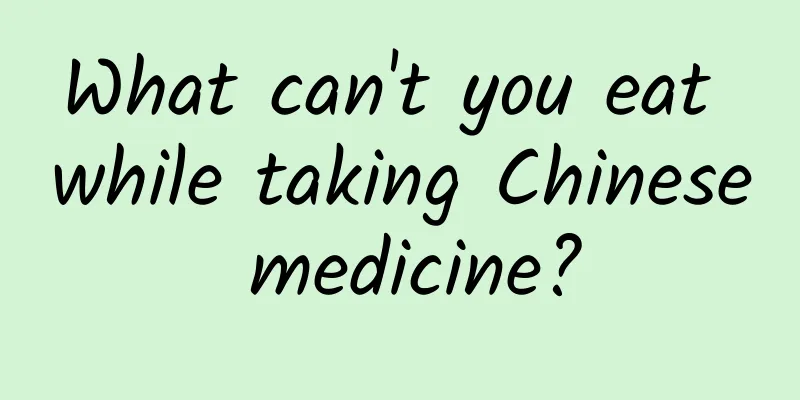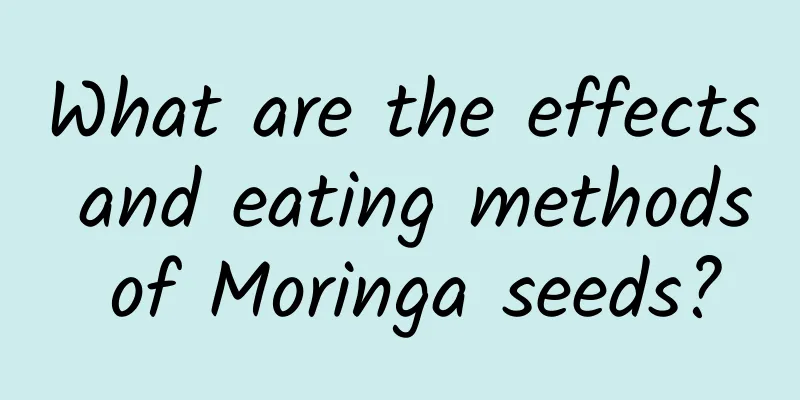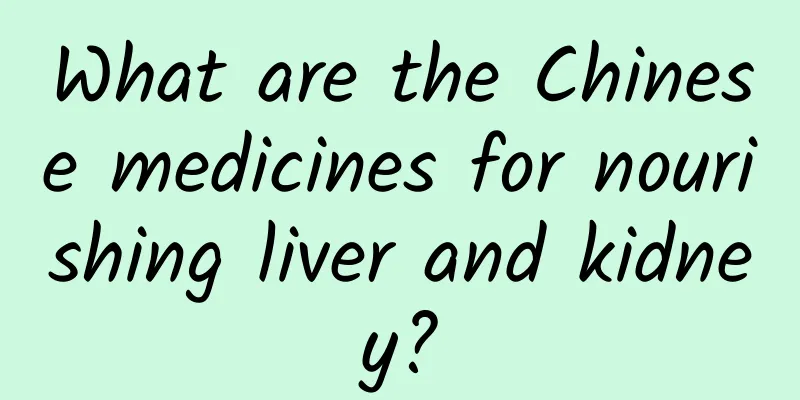What can't you eat while taking Chinese medicine?

|
After a Chinese medicine doctor prescribes a Chinese medicine prescription for a patient, he or she will always advise of some dietary taboos. This is because some foods can affect the efficacy and absorption of the medicine. Therefore, when taking Chinese medicine, be sure to take it according to the doctor's instructions. For example, if you eat greasy food after taking Chinese medicine, this type of food is usually high in calories and fat, which affects the health of the stomach and intestines and cannot exert the therapeutic effect of Chinese medicine, which is just like not eating it. Especially patients with stomach diseases must pay attention to their diet. When taking Chinese medicine, do not eat raw, cold or irritating foods, as they may counteract the medicinal effects of the medicine and fail to cure the disease but may make it worse. 1. It is not advisable to eat radish when taking traditional Chinese medicine (except for taking qi-regulating and phlegm-resolving medicines), because radish has the effects of digesting food and breaking up qi. Especially when taking tonic Chinese medicines such as ginseng, eating radish will reduce the effect of the tonic and make it lose its tonic effect and fail to achieve the therapeutic purpose. 2. Patients with digestive tract diseases such as hepatitis and chronic gastroenteritis should avoid taking garlic when taking spleen-strengthening, stomach-warming and stomach-regulating medicines. Garlic contains allicin, which can stimulate the gastrointestinal mucosa and cause congestion of the mucosa. The Chinese medicine they take will not be able to effectively play its therapeutic role. 3. You cannot eat chili peppers when taking Chinese medicine, especially when you have a fever. It is even more inappropriate to eat chili peppers when taking medicines that clear heat and cool blood or nourish yin and reduce inflammation. Chili peppers can reduce the efficacy of the medicine, making the treatment ineffective or weakening the efficacy. Chinese medicine is very difficult to swallow and is very bitter. Many people like to add sugar to season medicines because of their bitter taste. In fact, this is not a good idea. It will not only reduce the therapeutic effect of traditional Chinese medicine, but in serious cases it will also change the medicinal properties, thus causing side effects on the body. It is said that good medicine tastes bitter. Although Chinese medicine tastes bad, it is only effective in curing diseases when taken without adding sugar. |
<<: Is it good for children to take Chinese medicine for a long time?
>>: Should I take Chinese medicine for stomach problems before or after meals?
Recommend
Why do birds like to poop black on white cars and white on black cars?
Audit expert: Zeng Shenming Professor, Department...
You can recognize everything by taking a photo. How does AI “understand” pictures?
Welcome to Science Popularization China’s special...
What are the effects of Mudanpi
Mudanpi is the name of a traditional Chinese medi...
The efficacy and function of Asarum
Asarum is a relatively common plant in my country...
The efficacy and function of cat bones
Friends who don’t know cat bones will not underst...
The efficacy and function of the southern crane lice
Southern crane lice is a very familiar medicinal ...
What are the traditional Chinese medicines for foot soaking for weight loss?
It is very difficult to lose excess fat on your b...
Does Gastrodia elata have a shelf life?
Gastrodia elata is both a food and a medicinal ma...
The efficacy and function of Tibetan sorrel
The world is full of wonders, and Chinese medicin...
Analysis on the competitiveness of the world's three largest low-cost airlines
This is probably the most detailed analysis of lo...
Why do I feel weak all over after taking Chinese medicine?
Traditional Chinese medicine has relatively small...
The efficacy and function of broken rice firewood
Many people know that broken rice firewood has un...
The efficacy and function of wine cake leaf root
I believe many people are familiar with the Chine...
Is it good to eat Panax notoginseng powder for high blood pressure?
Panax notoginseng powder is a Chinese patent medi...
The efficacy and function of red flower vine
Red Flower Ivy is a very common Chinese medicine ...









